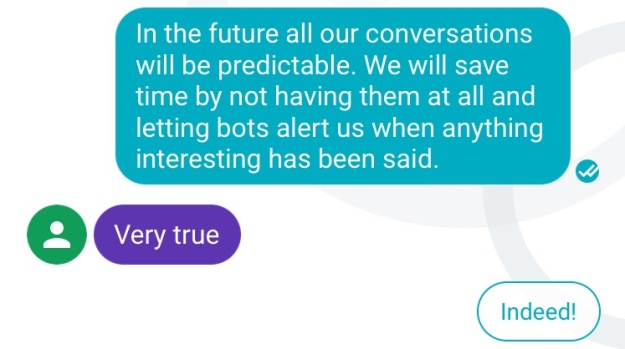Twitter’s analytics service is a useful tool for journalists to understand which tweets are having the biggest impact. The dashboard at analytics.twitter.com provides a general overview under tabs like ‘tweets’ and ‘audiences’, and you can download raw data for any period then sort it in a spreadsheet to see which tweets performed best against a range of metrics.
However, if you want to perform any deeper analysis, such as finding out which days are best for tweeting or which times perform best — you’ll need to get stuck in. Here’s how to do it. Continue reading








